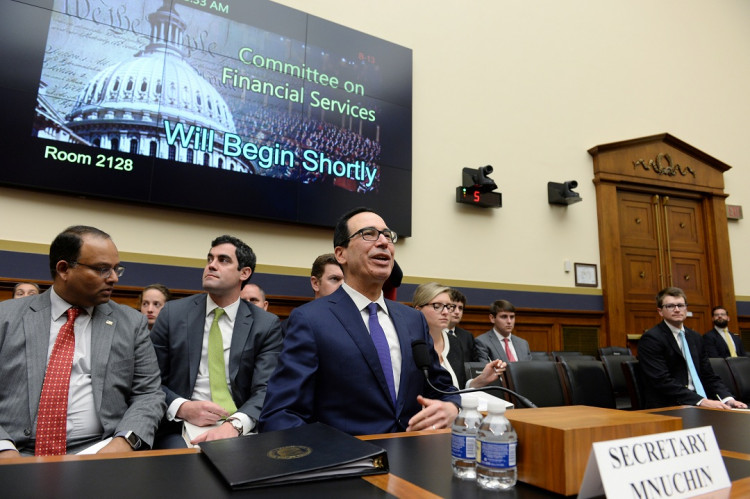To give itself time to study the impact on consumer spending and the economy as a whole, the United States has announced that it would be imposing its planned tariff hike on $300 billion worth of Chinese imports in 30 to 45 days. According to the US Treasury Secretary Steven Mnuchin, the tariff hikes could still be imposed but it will still be at least a month away.
The next tariff hike tranche will follow the recently imposed tariff hike on more than $200 billion worth of Chinese goods. The levies on these goods were raised from 10 percent to 25 percent. The move immediately prompted China to impose its own tariff hike on goods coming from the United States. This signaled the further degradation of the long-running trade negotiations between both nations.
President Donald Trump explained the hikes as part of his "America First" agenda. The goal is for a global trade rebalancing that would shift production back to the United States. Mnuchin further explained during a hearing before the U.S. House of Representatives Financial Services Committee that a decision has actually not yet been made and that it should take another 30 to 45 days to come up with a final conclusion.
Analysts have speculated that the intentional delayed could have been set to coincide with Trump's planned meeting with Chinese President Xi Jinping at the upcoming G20 summit in Japan in June. Mnuchin did express the same sentiments and mentioned that he is still hopeful that both leaders could get back on the negotiating table when they meet in June. Mnuchin also admitted that the impact of the tariffs on consumers is something that they heavily consider when coming up with any kind of trade strategy.
Following the first round of tariff hikes, various retailers across the United States had expressed concerns on the possible impact on their earnings and the prices of their goods. Walmart was one of the first major retailers in the United States that announced a possible price increase because of the higher tariffs.
Meanwhile, China has expressed its willingness to reopen negotiations following Trump's actions. Trump was apparently only forced to impose the higher levies following China's alleged changes to the drafted deal that would have put an end to the trade war. China mentioned that it would be open to further trade talks, but it would not accept any agreements that would benefit one country over the other.
Aside from the increased tariffs, China is also under a lot of pressure following the United States decision to place telecom equipment company Huawei Technologies under its trade blacklist. The move had dramatically altered the technology supply chain for both sides, plunging stock prices for public firms within the industry.






